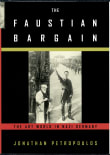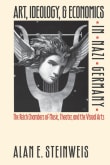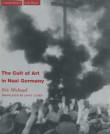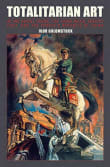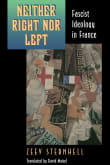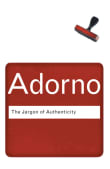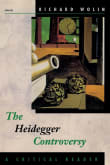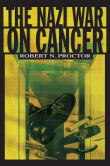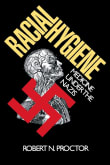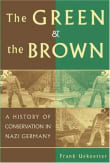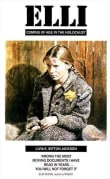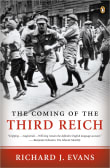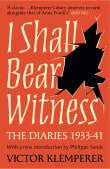Reactionary Modernism

Book description
In a unique application of critical theory to the study of the role of ideology in politics, Jeffrey Herf explores the paradox inherent in the German fascists' rejection of the rationalism of the Enlightenment while fully embracing modern technology. He documents evidence of a cultural tradition he calls 'reactionary modernism'…
Why read it?
2 authors picked Reactionary Modernism as one of their favorite books. Why do they recommend it?

When I first read Herf’s book during the 1990s, it totally transformed my understanding of National Socialism’s attitude toward technology and modernity.
Prior to its publication, Nazism was commonly perceived as anti-modern and anti-technological: as aspiring toward a vaguely defined pre-modern, martial-communitarian dystopia. Conversely, Herf shows that Nazism concertedly sought to integrate technological modernity within the movement’s militaristic, pan-German ideological framework. Here, the effusive expression employed by Goebbels to describe Nazism’s hypertrophic pro-technological enthusiasms, “steely romanticism,” says it all!
In this respect, Ernst Jünger’s allegorical glorification of totalitarian militarism in The Worker (Der Arbeiter) was paradigmatic.
From Richard's list on intellectuals and fascism.

Another highly original study—of the confluence of politics, technology, and culture in Nazi Germany as a holdover from tendencies already present in the Weimar Republic. Herf’s striking and influential phrase, “reactionary modernism,” encapsulates the seeming paradox of a future-oriented and technologically advanced regime that nonetheless adopted a seemingly archaic symbolic vernacular.
From Gregory's list on art and aesthetics in Nazi Germany.
If you love Reactionary Modernism...
Want books like Reactionary Modernism?
Our community of 12,000+ authors has personally recommended 100 books like Reactionary Modernism.

